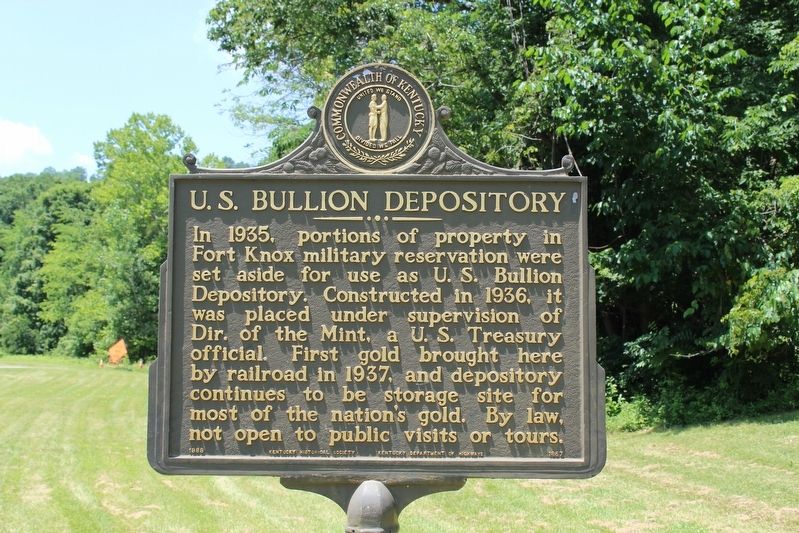by Clint Siegner, Money Metals:

(Nashville, Tennessee, USA – January 12th, 2023) – Building on the success of passing a full sales tax exemption on precious metals (HB 1874 and SB 1857) in 2022, lawmakers in Tennessee have set their sights on another pro-sound money effort: an in-state bullion depository.
Sen. Frank Niceley has introduced Senate Bill 150, the Tennessee Bullion Depository Act. SB 150 would establish a depository to operate either exclusively or nonexclusively as a precious metals depository and may be held and operated privately. A House version of the bill, sponsored by Rep. Bud Hulsey, is expected to be introduced soon
TRUTH LIVES on at https://sgtreport.tv/
Sen. Niceley and Rep. Hulsey are steadfast champions of sound money, earning them the 2022 Sound Money Legislator of the Year award last year for their work on eliminating Tennessee’s state sales tax on gold and silver.
The depository would serve as the custodian, guardian, and administrator of certain bullion and specie that may be deposited with the depository by the state of Tennessee, a political subdivision, another instrumentality of the state, or by a private individual, party, or other entity.
Additionally the measure calls for annual reports to the commissioner of financial institutions on all the depository’s activities for the preceding year. The depository would be subject to annual audit by the comptroller of the treasury. The audit would include annual reports and all books of accounts and financial records and the depository itself would bear the cost of the audit.
After the audit, the commissioner of financial institutions is required to gather the information collected and submit a report to the governor, the speaker of the senate, the speaker of the house of representatives, and the legislative librarian. The report would also be made available to the entire general assembly.
Privately owned and operated, a state-chartered depository enables citizens to store their precious metals for a fee. And the involvement of the state in an otherwise private depository potentially provides an additional layer of constitutional protection against federal-government aggression, such as the gold expropriation of 1933.
Using a depository account, citizens could also engage in transactions using gold and silver electronically. An account holder could make a purchase and pay the seller by transferring precious metals to the seller’s account. The funds being transacted could also be converted to Federal Reserve Notes and deposited into an account at a typical bank.
States that help set up depository systems will help further to bring gold and silver into use as an alternative to the inflationary paper-money system.




 Tulsi Gabbard Drops Declassified BOMBSHELL | Americans on Terror Watch List
Tulsi Gabbard Drops Declassified BOMBSHELL | Americans on Terror Watch List